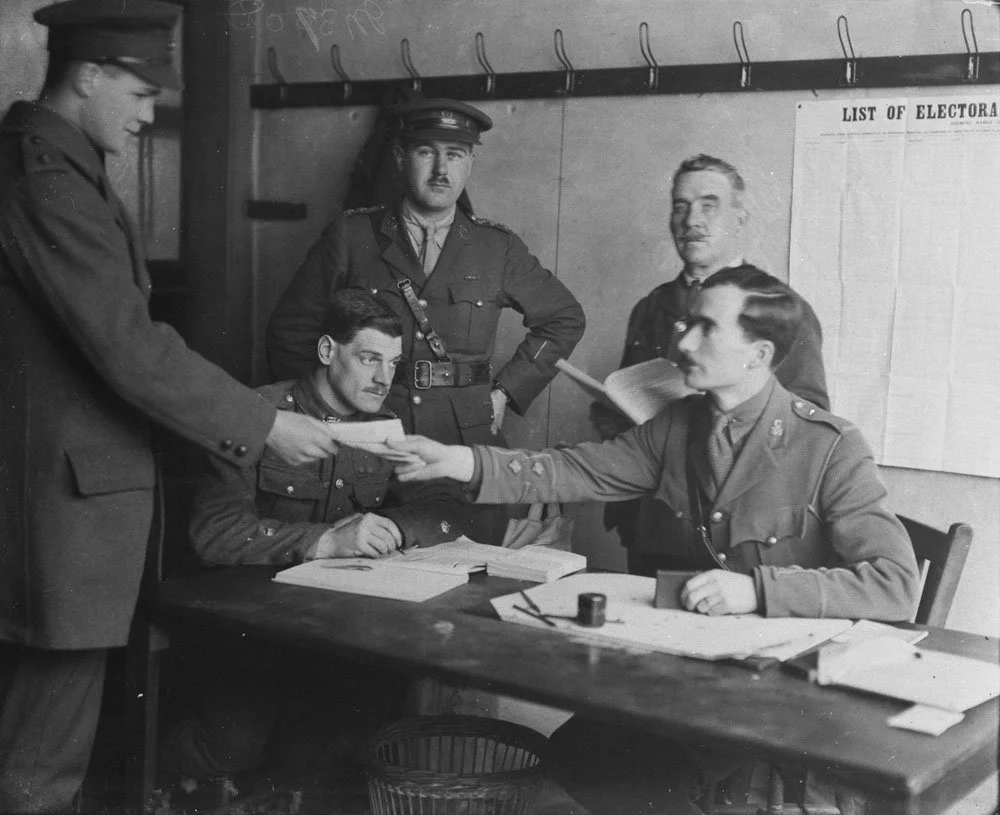By Scott Taylor
To a casual observer of the Canadian Armed Forces, recent announcements by the Liberal government would seemingly paint a positive future for our long neglected military.
On June 9, newly elected Prime Minister Mark Carney vowed to massively increase the defence budget immediately. The long elusive NATO alliance target goal of spending 2 per cent of Gross Domestic Product (GDP) on defence will now be met within the current fiscal year. To meet that mark, Carney has boosted Canada's defence budget from the original $43 billion to $62.7 billion. All of that money is earmarked to be spent before March 31 2026.
However just days later, at a NATO Leaders' Summit meeting at The Hague, Carney committed Canada to meeting alliance's newly agreed upon spending objective of 5% of GDP by 2035. Based on Canada’s current GDP forecast, that would mean an annual defence budget of over $150 billion within the decade.
That much cash should surely mean that our long struggling military will be boosted back to full strength in next to no time.
Well, think again. It turns out that you cannot simply force feed a starving individual back to health overnight.
Last week the Hill Times cited a new internal defence department report wherein senior military officials predict the organization will not be able to meet their current operational responsibilities for at least another seven years.
Just over a year ago, prior to the announced budget boosts, the same military senior officials predicted they would achieve a 90 per cent operational readiness status by March 31, 2025.
As one would expect, the CAF keeps close tabs on things like equipment and weapon system serviceability and far from achieving the 90 per cent goal, none of the three branches even managed a passing grade. In the latest readiness report, the RCN, RCAF and Army, are all at historic lows of 45.7 per cent, 48.9 per cent and 49 per cent, respectively.
This latest internal report has tabled what they term a more "realistic and achievable" target date of 2032 for the CAF to return to operational readiness. One of the reasons cited for the recovery period being pushed out from one year to seven years is the rapid increase in the budget. The already woefully understrength CAF and DND will need to manage the new procurement projects with staff that simply do not exist.
New platforms such as the CF-35 fighter jets due to start being delivered in 2026 will require pilot training in the US while understrength squadrons in Canada struggle to maintain and operated our aged fleet of CF-18s.
The RCN is already unable to effectively crew the warships in the fleet at present, yet they are due for delivery of the first Joint Supply Ship (JSS) next year.
The Canadian Army has been hard pressed to maintain a forward deployed battle group in Latvia as part of NATO's Operation REASSURANCE. The Liberals have promised to increase the size of that battle group from 800 to nearly 2,000 this year. No doubt that will strain the ranks of trained soldiers even further.
Canadian civilians are still enlisting in the CAF but the problem lies in the training cycles. With more personnel taking release than those who are joining the CAF, personnel get through their basic military training only to spend upwards of 200 days awaiting their trades training. As a result, those who most recently joined are the highest demographic requesting early release. It is a vicious cycle. It is also unacceptable.
The senior leadership may be accurate in assessing a seven-year window to recover the organization. However, in what universe can that be considered a plan? Where in the corporate world could a CEO tell shareholders they are going on a seven-year run of losses? What sports franchise owner would admit that the next seven seasons the team will not make the playoffs?
What players would want to join such a team? In terms of the CAF, who would enter a recruiting centre to sign up for a three-year basic engagement knowing that the organization will not achieve operational readiness until at least four years after you release.
Thankfully, Canada is not at war at present. However with the world becoming increasingly unstable and the CAF facing an existential threat, perhaps the time has come to declare a national crisis.
Perhaps the Liberal government needs to do more than make promises of massive budget increases if there are too few personnel left in uniform to manage that influx of money. Since personnel is the biggest challenge, dare I suggest that Canada implement a targeted, mandatory-service conscription? Food for thought.


